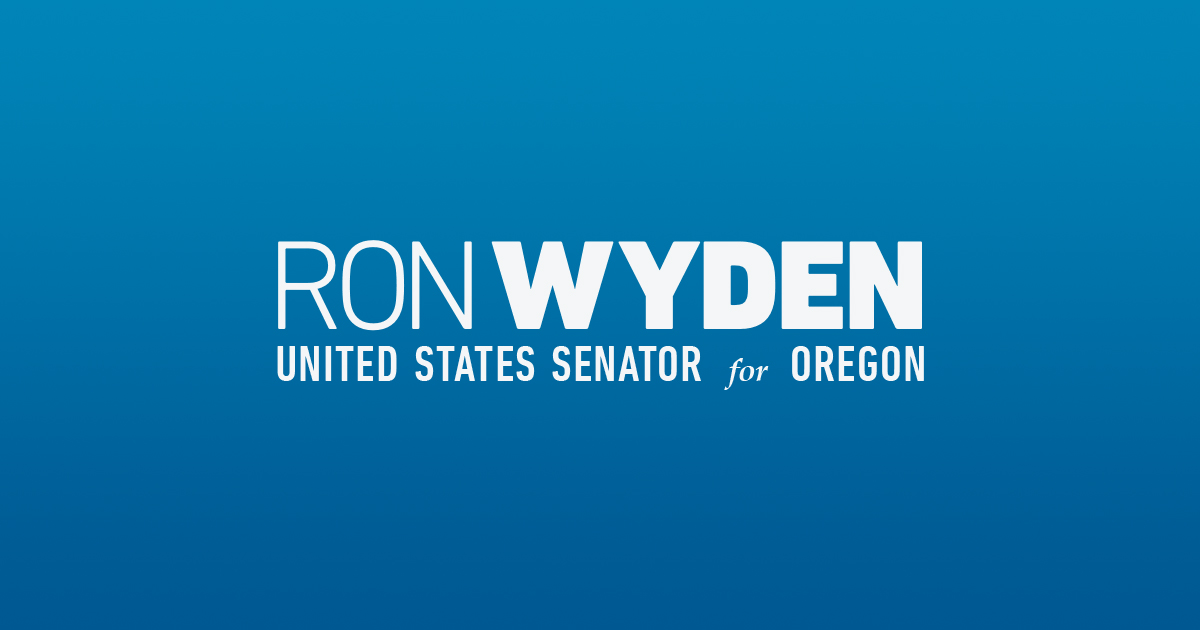Source: United States Senator Ron Wyden (D-Ore)
March 16, 2022
Infrastructure law funding for new West Coast container port could address supply chain snags, create jobs and boost Oregon economy
Washington, D.C. – Oregon’s U.S. Senators Jeff Merkley and Ron Wyden, along with Representative Peter DeFazio, are joined today by Representatives Suzanne Bonamici, Earl Blumenauer, and Kurt Schrader in a letter to President Biden requesting federal funds from the Infrastructure Investments and Jobs Act (IIJA) be allocated towards a proposal to create a major new west coast container port in Coos Bay. In their letter, the lawmakers highlight the importance of investing in our country’s rural ports to address supply chain issues, create jobs and increase economic productivity, and how this project specifically will produce significant environmental benefits.
“The IIJA includes tens of billions of dollars that can be utilized for modernizing our nation’s port infrastructure,” wrote the delegation. Even as your administration works to identify investments that can have an immediate impact, we must accommodate for the fact that container flows on the West Coast are projected to grow at a rapid pace well into the future. While current port infrastructure is incapable of handling this future growth in trade, there is one location where significant port capacity can be added – at the Oregon International Port of Coos Bay. In fact, establishing a container port here would immediately increase West Coast port capacity by up to 10 percent. There is simply no other place on the West Coast where that level of additional capacity can be achieved. The fact that the Port of Coos Bay is located in a rural area makes this project all the more important. Establishing a world class port in Coos Bay will create jobs and generate tax revenue in a part of our state that has long suffered from a steep decline in timber harvest revenue.
“This project also has significant environmental benefits. While other ports in the U.S. will continue to rely heavily on truck transportation, the Coos Bay facility will be the first ship-to-rail port facility on the West Coast, thereby taking trucks out of the equation,” they continued. “This means additional port capacity without a corresponding increase in greenhouse gas emissions. Furthermore, green electricity produced by renewable energy sources will facilitate the use of electrically powered cargo handling equipment, vehicle charging and on-shore power. With respect to the latter, the port will be fitted with electric power plug-ins that will power ships at berth during the process of unloading. Using shore side electrical power at berth – referred to as cold ironing – will eliminate ship engine emissions in port waters, thereby reducing pollutants by approximately 90 percent and greenhouse gas emissions by approximately 50 percent.”
Merkley has been a long-time advocate for investments to help make America’s ports more sustainable. He has also fought alongside DeFazio to ensure that Oregon’s rural and small ports receive the funding they need for the dredging and maintenance that is key to the safety and economic vitality of Oregon’s coastal ports.
Full text of the letter can be found here and follows below:
